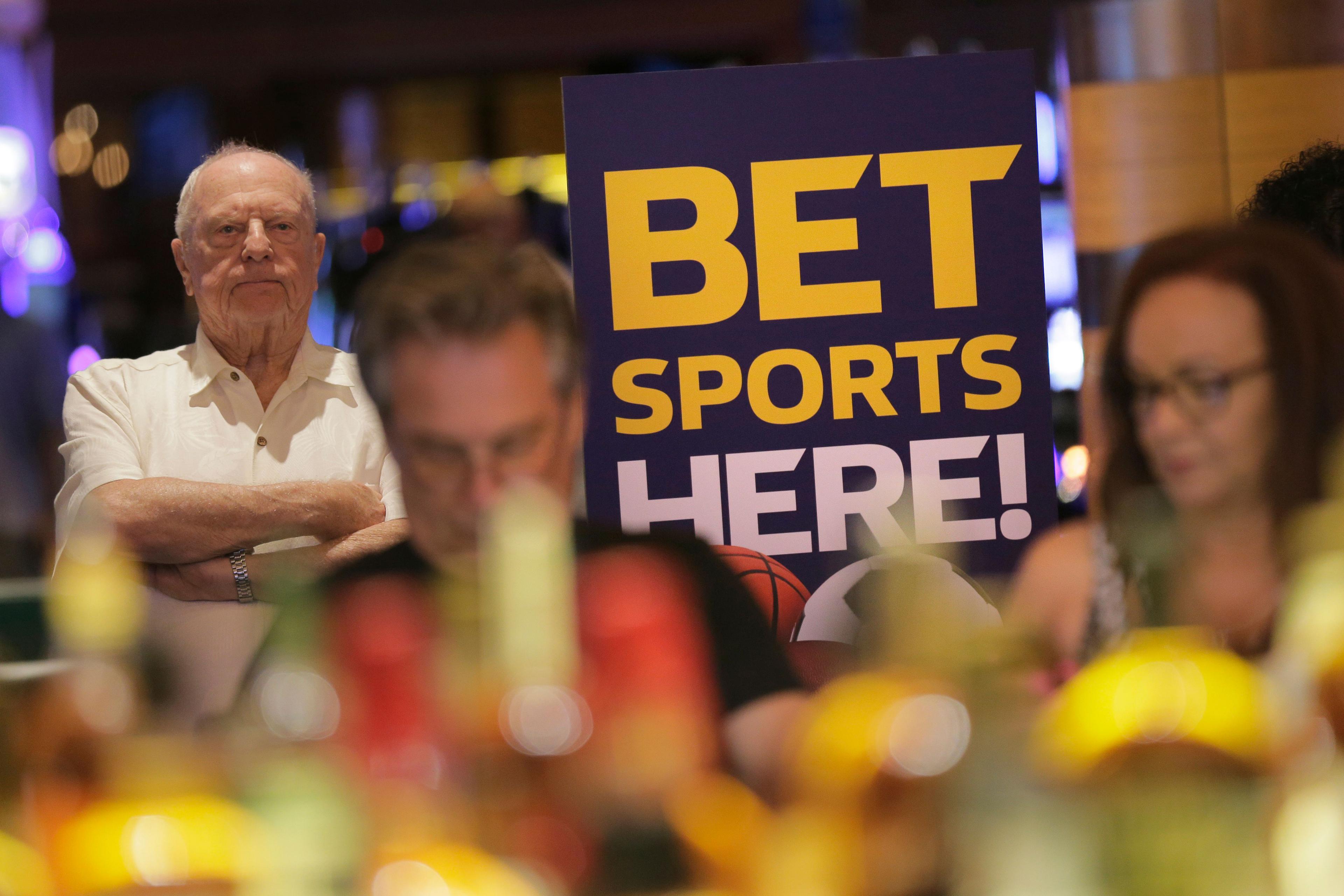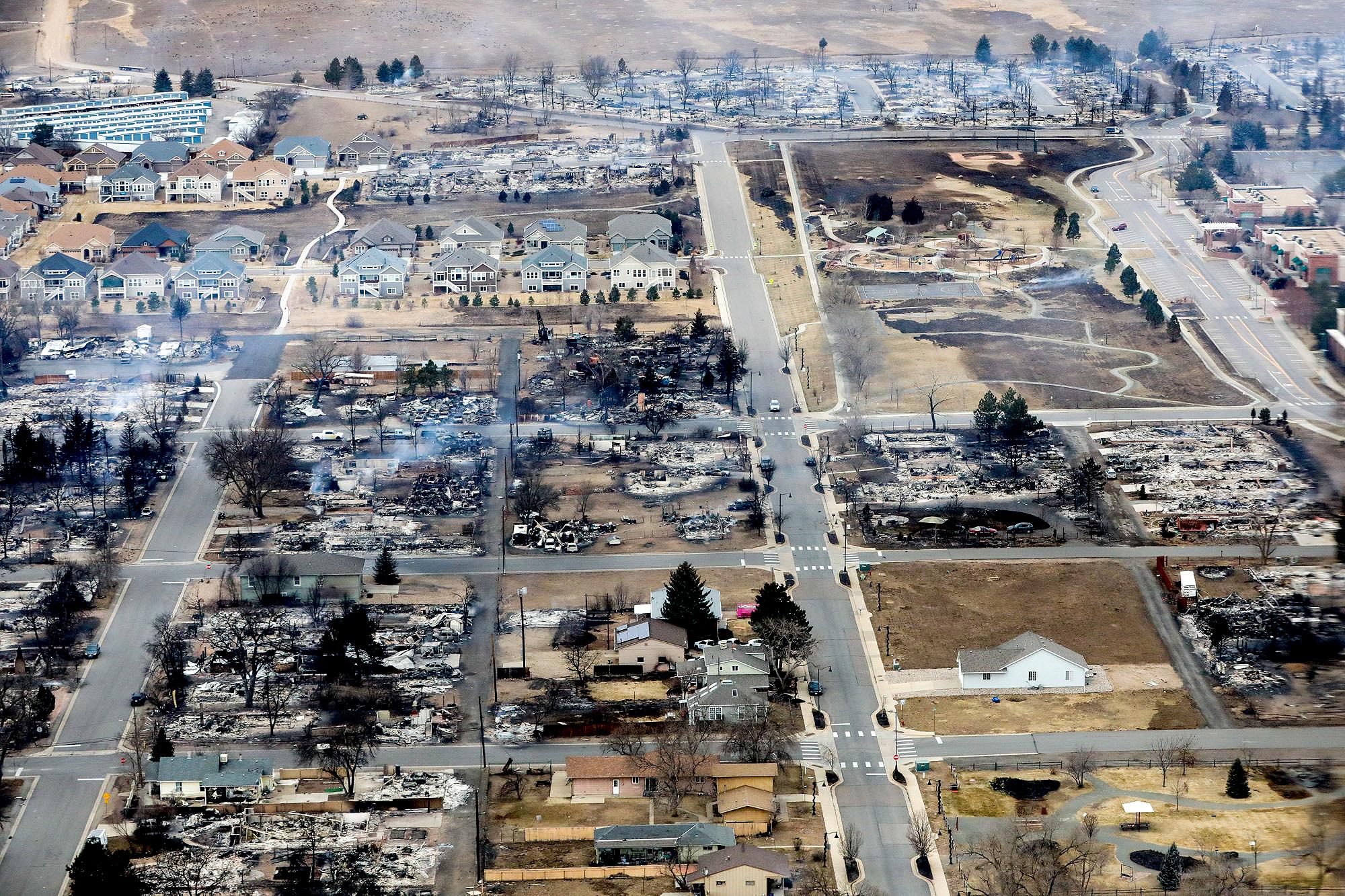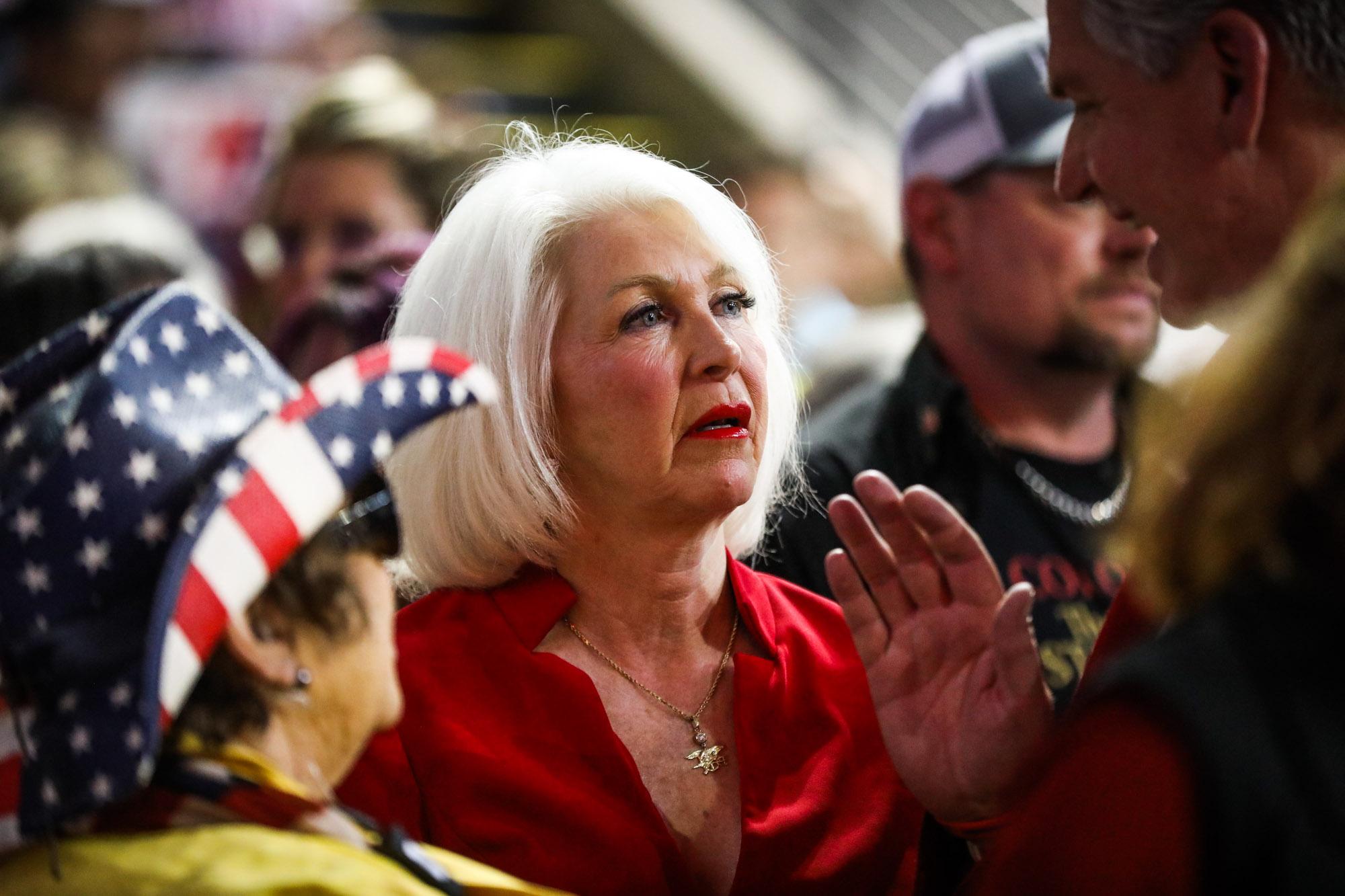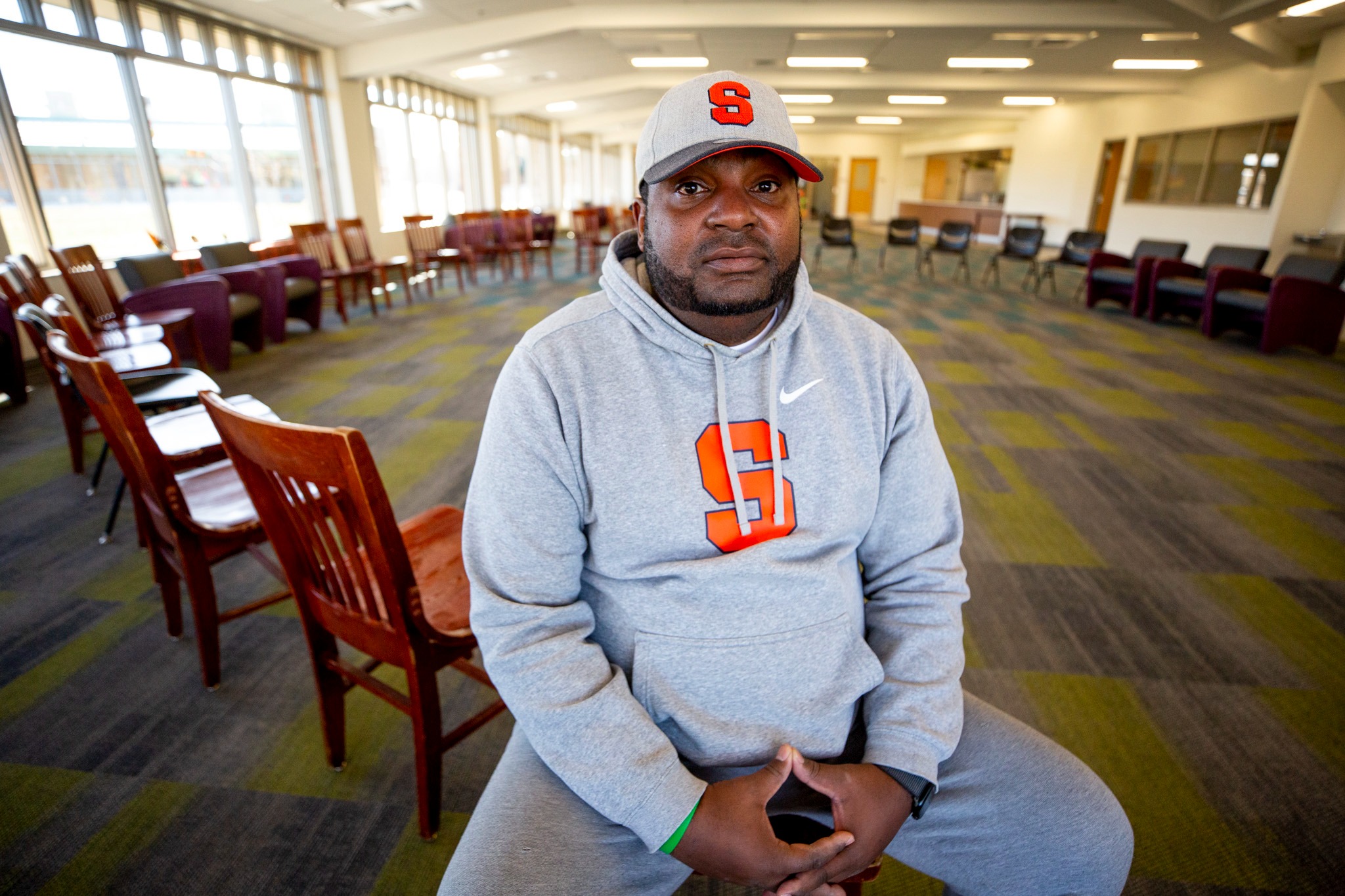

Colorado sports gambling could ring up $361 million in revenue by 2023, according to a market analysis paid for by the owners of the state’s lone horse track in Aurora.
Casinos, long an opponent of the track, were quick to question the number — but wouldn’t share their own analysis. This is the first public estimate of the potential size of sports betting in Colorado.
The analysis assumes a widespread industry, with bets allowed online and on mobile devices, as well as at physical locations like casinos, the horse race track, and off-track betting locations around the Front Range.
Basically, the study says more locations means more revenue.
“The location of Colorado OTBs provides convenient access to Colorado’s population centers. This is important for realizing the full market potential in sports betting,” said the report prepared by Littleton-based The Innovation Group.
Colorado lawmakers are interested in legalizing sports gambling this legislative session. The door was opened by a 2018 U.S. Supreme Court decision that lifted a near nationwide ban. Dozens of states have either passed legislation to allow wagers, or are in the process.
The horse track’s study suggests that if Colorado’s state legislature makes the decision to restrict sports gambling to only casinos, then total revenues would be significantly lower. In-person bets at the track and off-track locations are expected to make up more than a third of all sports gaming revenues, $131.4 million by 2023, the analysis states. Colorado’s casinos, located in three historic mining towns, pose a hurdle to bettors because they are about an hour’s drive from the metro area.
Casinos immediately threw cold water on that appraisal and note there’s no drive time to the mountains if bettors use the casino’s potential mobile app to place a game wager. The gambling houses also questioned the $360 million annual revenue estimate.
“Arapahoe Park’s study seems wildly aggressive,” said David Farahi, who runs the Monarch Casino in Black Hawk. Farahi notes that total sports betting in Nevada for 2017, the last year the state had a national monopoly on sports betting, brought in just $250 million in revenue in 2017.
State House Majority Leader Alec Garnett is ready to draft legislation so the state can at least step up to the starting gate on wagers. After months of stakeholder meetings the Denver Democrat feels more confident that he can craft a compromise between the track and the casinos.
“But that could change tomorrow,” he quipped. “It’s like weather in Colorado, it can change at any moment.”
One of the chief problems is finding a way for the longtime rivals to both get a piece of the action that doesn’t threaten each other’s business. Casinos, tied to Black Hawk, Central City and Cripple Creek by law, are naturally concerned about the expansion of gaming in metro Denver. Garnett said a tiered licensing system is under consideration. The track wouldn’t get a full Vegas-style sportsbook in Aurora or at their OTBs, but they could offer limited in-person sports wagers.
It’s not just the track and the casinos with an eye on the windfall, but companies like DraftKings that also want in. Add to that interest from the sports leagues themselves who might possibly add betting kiosks to their stadiums and ballparks.
“We don’t want it too big that we can’t regulate it properly,” Garnett said, but “we don’t want it too small that the black market continues to exist.”
Casinos aren’t ready to lay their chips down that a bill will make it out of the legislature. The proposals change daily, said Farahi, who’s been part of the negotiations. “We have not seen draft legislation. It’s hard to put odds on how seriously the legislature will take ideas that get floated.”









